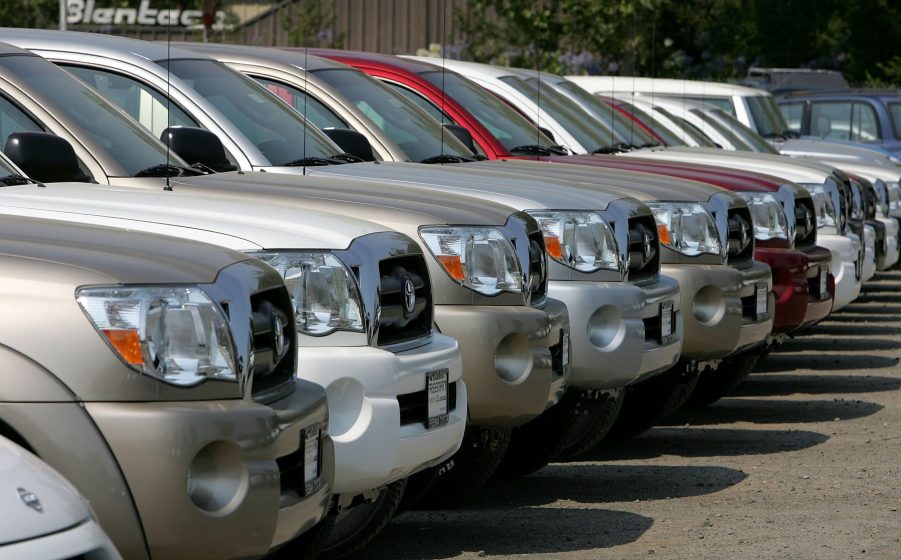
Are Bigger Cars Safer? The IIHS Weighs In
Drive down any road and you’ll see a wide range of vehicle sizes. From two-seaters to massive tractor-trailers, cars can be feather-light to crushingly heavy. Is there a difference in safety between smaller and bigger cars? How about lighter and larger? The IIHS weighs in on whether bigger cars are safer.
The IIHS is a non-profit organization which works to make the roadways safer. They maintain that a heavier car will fare better in a crash when everything else about the vehicles are the same. So what is it about bigger cars that makes them safer?

Longer cars are safer
Larger cars have a longer distance between the front of the car to where passengers sit. This means that in event of an accident, the car frame can be crushed more before passengers are affected. This is important because frontal accidents are responsible for more than half of passenger deaths.
Heavier cars have the force advantage
Heavier cars usually keep moving forward in accidents with lighter cars and objects. Because of this, occupants in the heavier vehicle don’t receive the same force of impact that they would in a lighter vehicle. Instead, the larger car pushes that force onto the smaller car. While this isn’t great news for occupants of smaller cars, it does tip the scale in favor of larger vehicles.
More cabin space offers protection
More space around the heads and bodies of passengers allows for more of the car to be crushed before its occupants are impacted. There’s also more room for people’s bodies to move in a collision before coming into contact with the interior of the car.
So are people in small cars at risk?
There have been huge improvements in safety measures for both small and large vehicles. In the past, SUV and pickup trucks had higher bumpers than cars. In accidents, these larger vehicles were crushing the front of smaller cars.
SUV and pickup truck designers have modified design to be closer to cars to reduce risk for small car occupants. The bumpers and energy-absorbing parts of large SUVs and pickup trucks have been moved to be closer to those of cars. Still, people in larger cars do have a safety advantage.
What about fuel economy?

If you’re thinking about buying a large vehicle, you may be concerned about fuel economy. Some car manufacturers have introduced electric and hybrid large vehicles. Car companies across the board are also working on reducing fuel consumption of their largest vehicles.
What are some of the safest large vehicles?

Trucks and SUVs are the largest vehicles, being both larger and heavier than their car counterparts. The IIHS awarded its top safety pick award to the 2021 Dodge Ram 1500. In the SUV category, Audi dominates, taking one top safety and two top safety + awards. Audi’s safest SUVs include the 2021 Audi e-tron and the e-tron Sportback, and the 2021 Audi Q8.
There are lots of things to consider when car shopping. If safety is your primary concern, then the best choice is going to be the largest vehicle that makes sense for you and your family.


